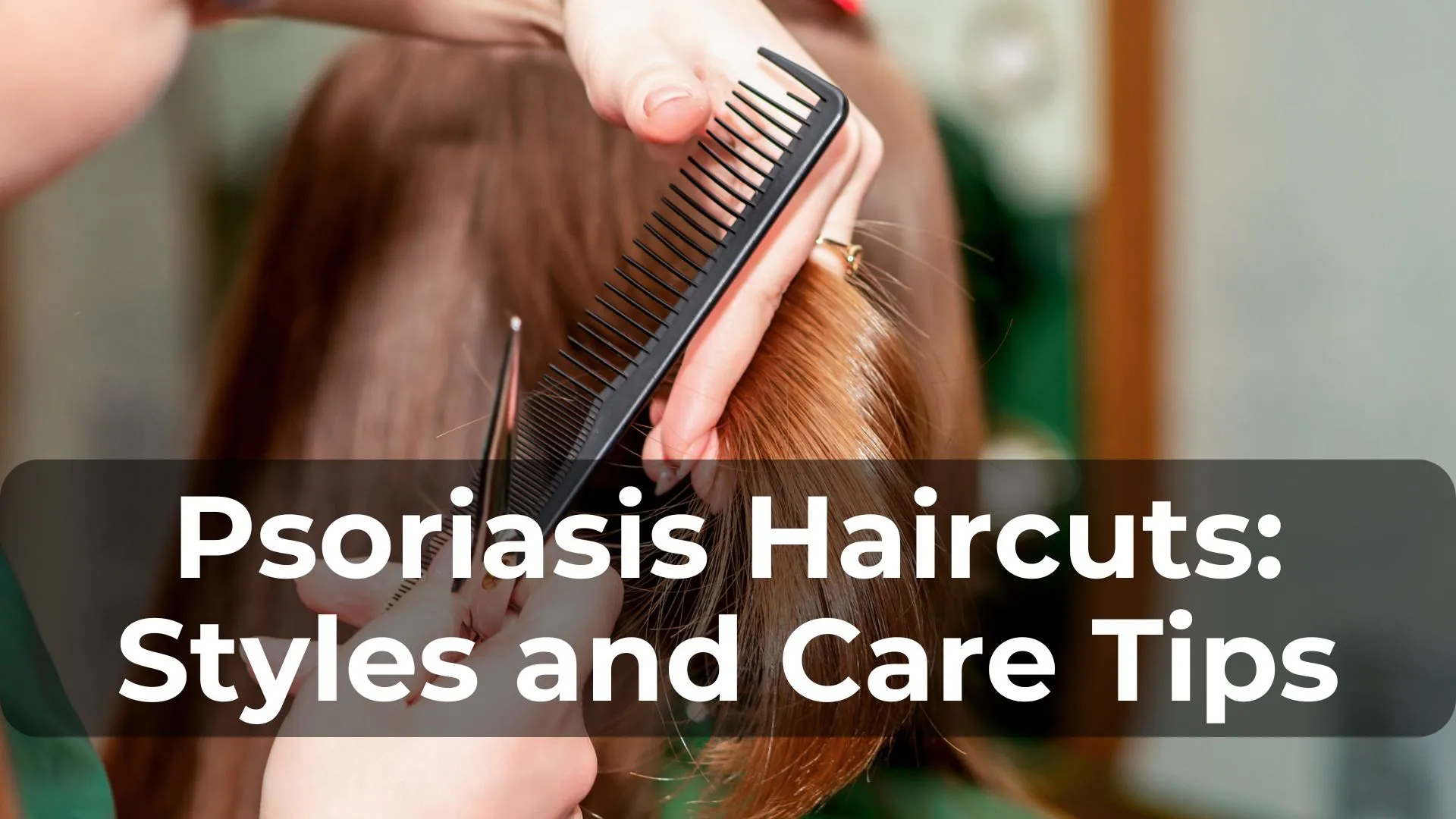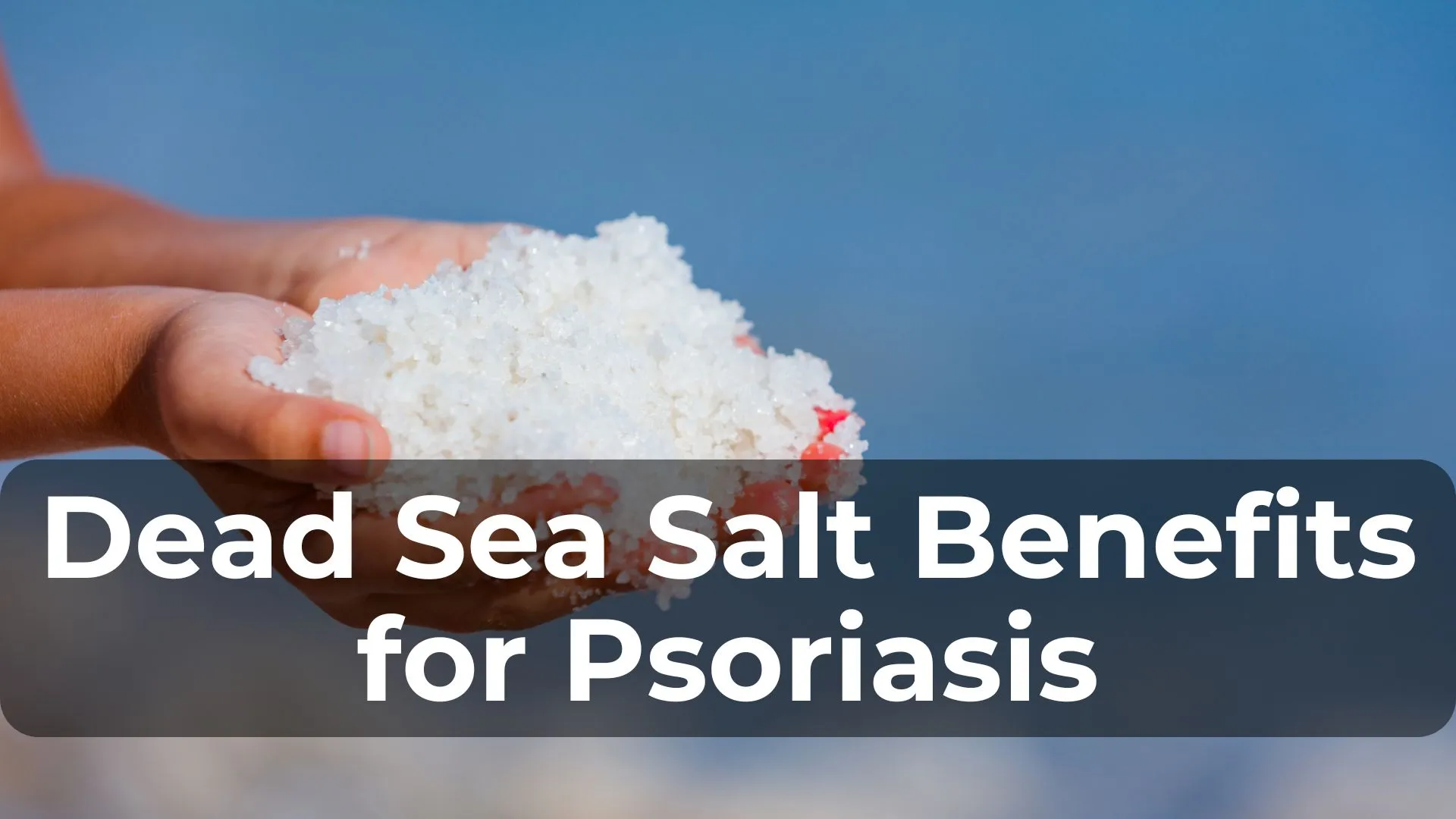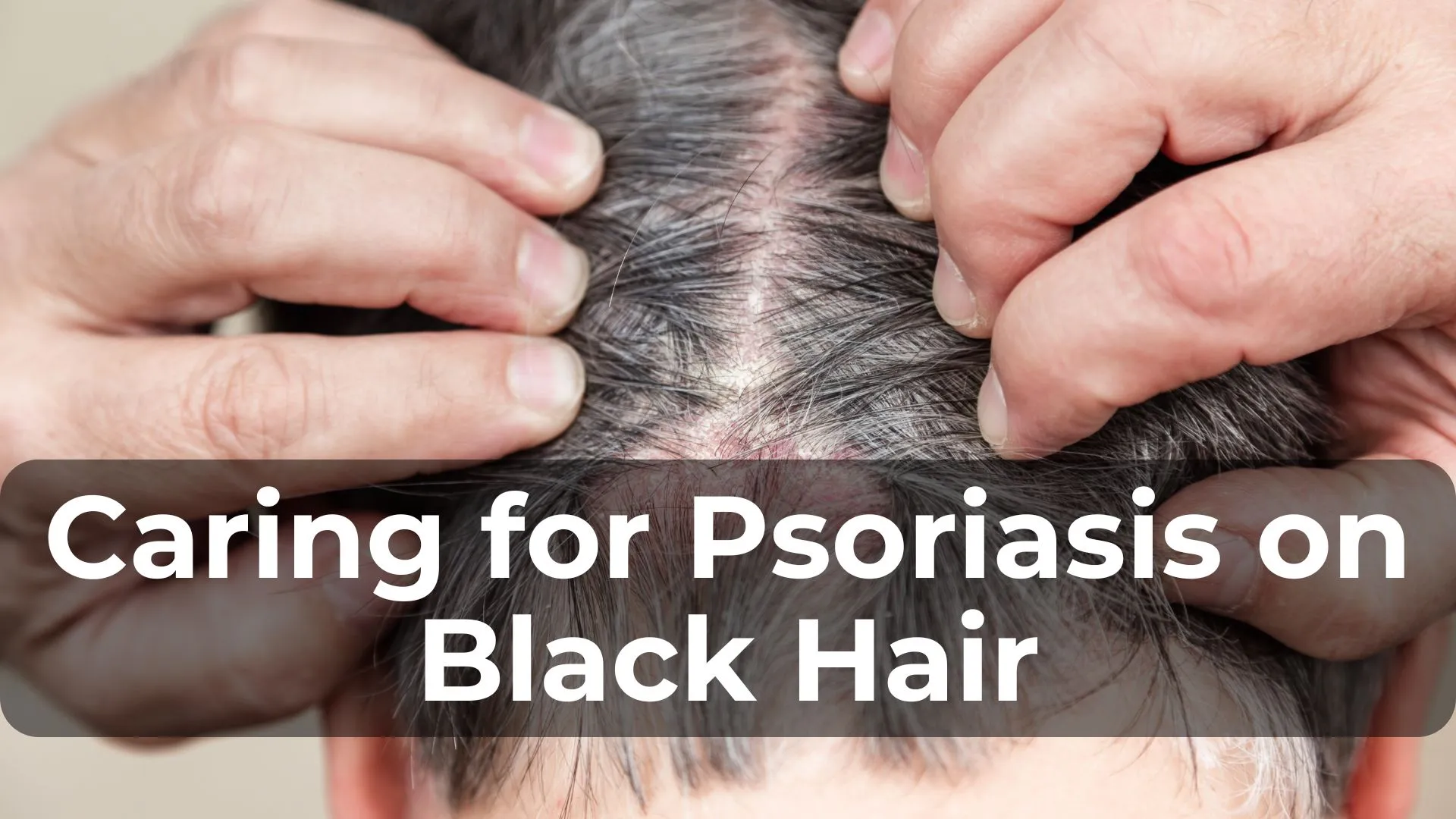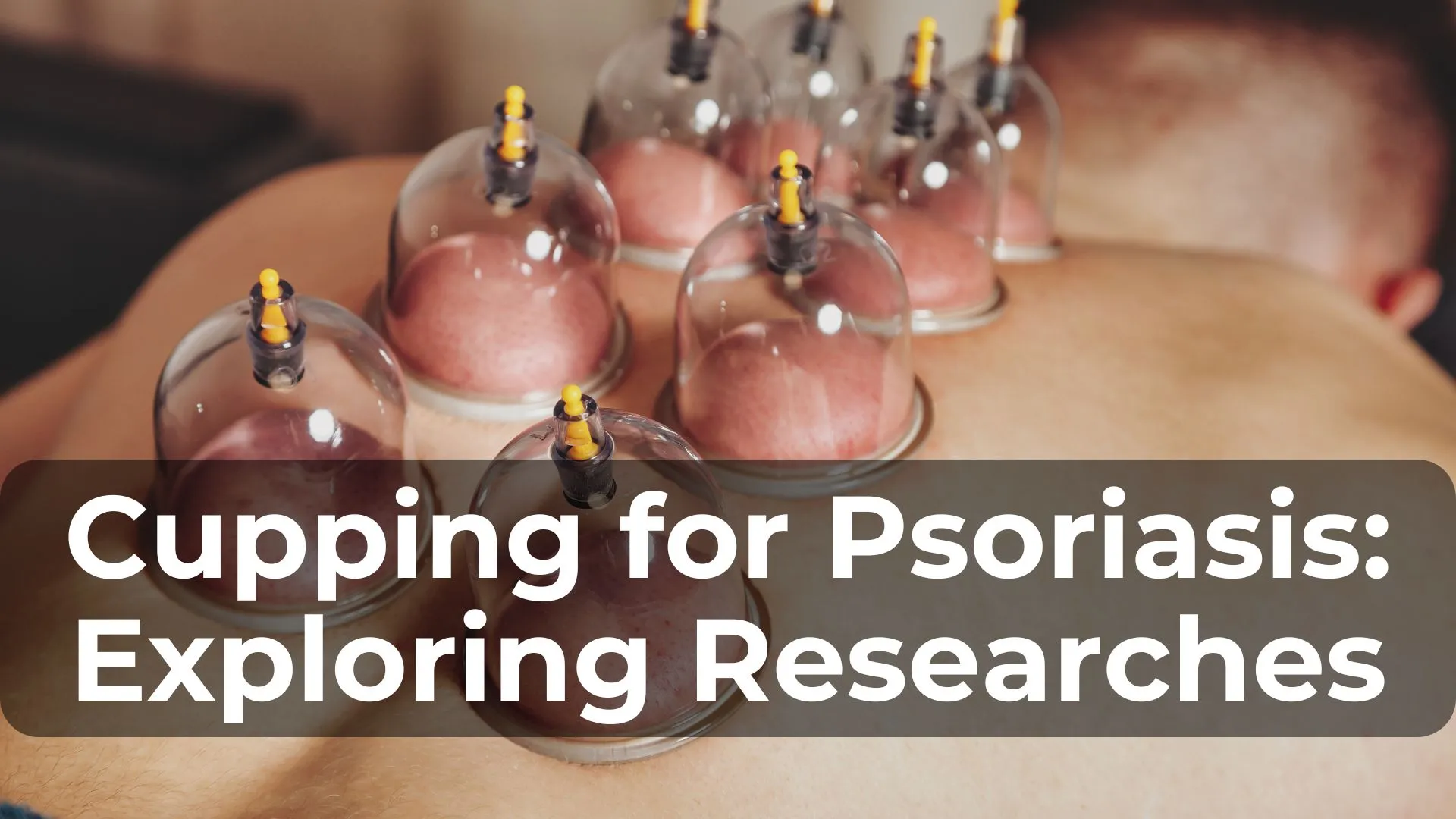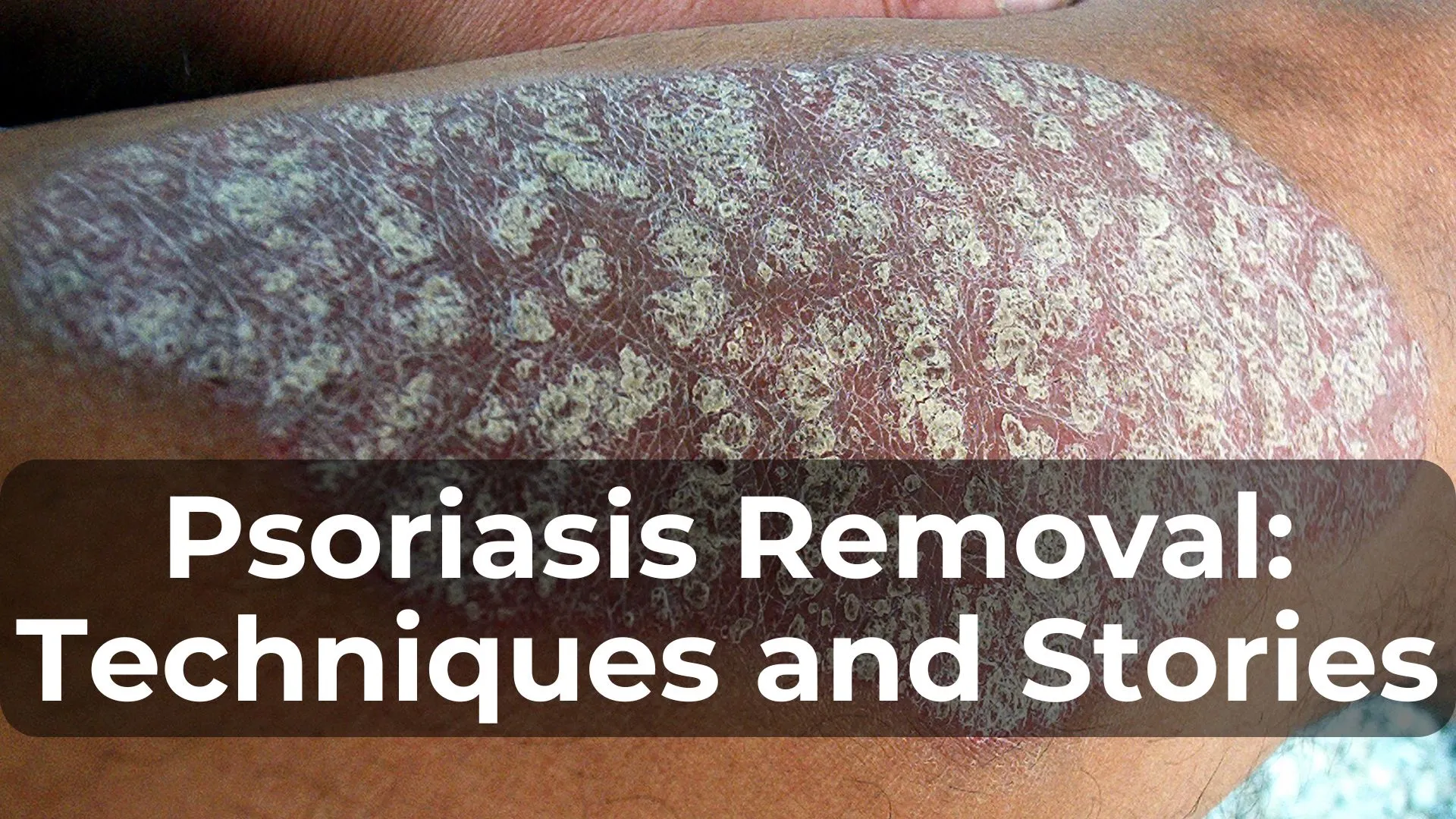
Living with psoriasis can be a challenging journey, but there’s hope on the horizon. In this article, we’ll explore various techniques for managing psoriasis and share inspiring success stories from individuals who have found relief., grab a cup of tea, settle in, and let’s dive into the world of psoriasis removal!
Table of Contents
ToggleTraditional Treatments: A Mixed Bag
When it comes to psoriasis, there’s no shortage of medical treatments available. From topical creams and ointments to oral medications and biologics, doctors have a whole arsenal at their disposal. But here’s the kicker: while these treatments can help reduce or hide symptoms, they often don’t address the root cause of the problem.
Think of it like this: if your car’s engine light comes on, you wouldn’t just cover it up with tape, right? You’d want to fix what’s causing the light to come on in the first place. The same goes for psoriasis – we need to lookd just treating the symptoms and focus on healing from within.
The Holistic Approach: Treating the Whole You
Now know what you’re thinking – “Holistic? Isn’t that just for hippies and health nuts?” But hear me out. A holistic approach to psoriasis treatment means looking at all aspects of your health – physical, chemical, and emotional/spiritual. It’s about bringing your body back into balance and giving it the tools it needs to heal itself.
Think of your body as a finely tuned orchestra. When one instrument is out of tune, it throws off the whole performance. By addressing all aspects of your health, you’re essentially tuning up your body’s orchestra, allowing it to play in perfect harmony once again.
Let down these aspects and see how they can help in your psoriasis journey:
Physical Aspect: Moving and Grooving
Regular Exercise Who knew that breaking a sweat could help with psoriasis? Regular exercise isn’t just good for your waistline – it can also help reduce inflammation, boost your immune system, and improve your overall well-being. Plus, it’s a great stress-buster, which is a win-win for psoriasis sufferers.
So, what kind of exercise should you do? The sky’s the limit! Whether you prefer yoga, swimming, cycling, or just taking a brisk walk around the block, find something enjoy and make it a part of your routine.
Sunlight Therapy Remember when your mom used to tell you to go outside and get some fresh air? Turns out, she was onto something!d exposure to sunlight can actually help improve psoriasis symptoms. The UV rays in sunlight can slow down the rapid skin cell growth that causes those pesky plaques.
But remember, mo We’re not talking about baking in the sun for hours on end. Start with short periods of sun exposure and gradually increase the time. And don’t forget your sunscreen – we want to help your skin, not damage it!
Chemical Aspect: You Are What You Eat (And Absorb)
Dietary Changes: Have you ever heard the saying, “Let food be thy medicine”? When it comes to psoriasis, this couldn. Many people with psoriasis have found relief by making changes to their diet. This might include cutting out inflammatory foods like processed sug dairy, and gluten, and focusing on anti-inflammatory foods like leafy greens, fatty fish, and berries.
Think of your diet as the fuel for your body’s engine. By giving it high-quality fuel, you’re helping it run more smoothly and efficiently.
Detoxification: Our bodies are constantly bombarded with toxins from our environment, food, and even our own metabolic processes. For some people with psoriasis, these toxins can build up and contribute to inflammation and flare-ups.
Detoxification isn’t about going on some crazy juice cleanse or starving yourself. It’s about supporting your body’s natural detox processes through things like drinking plenty of water, eating fiber-rich foods, and maybe even trying some herbal teas known for their detoxifying properties.
Supplements: While a healthy diet should be your primary source of nutrients, sometimes our bodies need a little extra help. Certain supplements have shown promise in managing psoriasis symptoms. These might include omega-3 fatty acids, vitamin D, probiotics, and turmeric.
But remember, supplements aren’t a magic bullet, and it’s always best to consult with a healthcare professional before starting any new supplement regimen.
Emotional/Spiritual Aspect: Healing from the Inside Out
Living with psoriasis isn’t just physically challenging – it can take a toll on your emotional and mental health too. That’s why addressing the emotional and spiritual aspects of healing is just as important as the physical and chemical aspects.
This might involve practices like meditation, mindfulness, or even seeking therapy to help manage stress and improve your overall well-being. Some people find comfort in prayer or connecting with nature. The key is to find what works for you and makes you feel centered and at peace.
Remember, stress is a common trigger for psoriasis flare-ups, so finding ways to manage your stress levels can have a direct impact on your skin health.
Natural Remedies: Mother Nature’s Medicine Cabinet
In addition to the holistic approaches we’ve discussed, there are also many natural remedies that people have found helpful in managing their psoriasis symptoms. These might include:
- Aloe Vera: Known for its soothing and anti-inflammatory properties.
- Apple cider vinegar: Some people find it helpful for reducing itching and irritation.
- Dead Sea salts: Rich in minerals that can help soften and exfoliate psoriasis plaques.
- Tea tree oil: Has antimicrobial properties that may help prevent infection in psoriasis-affected skin.
- Oatmeal baths: Can help soothe itchy and inflamed skin.
While these natural remedies can be helpful, it’s important to remember that what works for one person may not work for another. It’s all about finding the right combination of treatments that work for you.
Success Stories: Light at the End of the Tunnel
Now, I know we’ve covered a lot of ground here, and you might be feeling a bit overwhelmed. But before we wrap up, I want to leave you with some hope and inspiration. There are countless success stories out there of people who have found relief from their psoriasis through holistic approaches.
Take Sarah, for example. She had been struggling with severe psoriasis for years, trying every cream and medication under the sun with little success. It wasn’t until she adopted a holistic approach – changing her diet, starting a regular exercise routine, and practicing meditation – that she started to see real improvements in her skin.
Or consider Tom, who found relief through a combination of sunlight therapy, dietary changes, and natural remedies like aloe vera and Dead Sea salt baths. He says, “It wasn’t an overnight fix, but over time, saw my skin improve in ways I never thought possible.”
These stories, and many others like them, show that there is hope for psoriasis sufferers. It may take time, patience, and a willingness to try different approaches, but healing is possible.
In conclusion, while traditional medical treatments can be helpful in managing psoriasis symptoms, true healing often comes from addressing the root cause through a holistic approach. By focusing on the physical, chemical, and emotional/spiritual aspects of health, and incorporating natural remedies where appropriate, many people have found relief from their psoriasis symptoms.
Remember, everyone’s journey with psoriasis is unique. What for one person may not work for another, so don’t be discouraged if you don’t see immediate results. Keep exploring, keep learning, and most importantly, don’t lose hope. Your path to clearer skin may be just around the corner!




